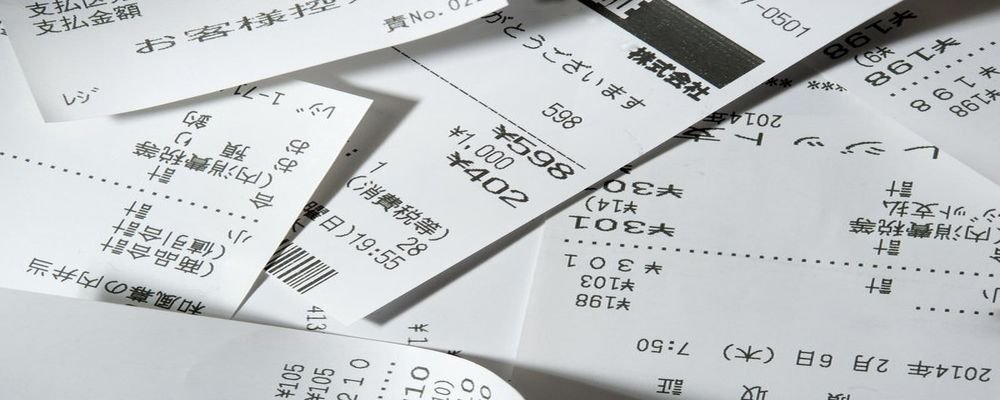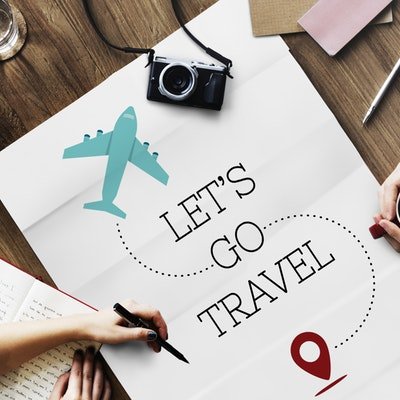Personal Finance Tips For International Travel
Your personal finances are a wildly important part of successful travel abroad. After all, every moment of your journey involves spending, saving, or allocating funds to ensure the best travel experience possible.
Here are 7 must-follow personal finance tips to make your next trip abroad more affordable and more fun!
1. Avoid ATM fees
Foreign ATM fees add up fast! If you travel abroad using your regular debit card, you’ll probably incur several different fees each time you take out cash, including a charge for using an out-of-network ATM and a charge for using a foreign ATM.
 Avoid the fees and save big by opening a bank account that offers no-fee ATM transactions or ATM fee reimbursement. Charles Schwab, Citibank, and Fidelity all offer no-ATM fee checking accounts.
Avoid the fees and save big by opening a bank account that offers no-fee ATM transactions or ATM fee reimbursement. Charles Schwab, Citibank, and Fidelity all offer no-ATM fee checking accounts.
Don't forget Everything That Can Go Wrong When You Travel
2. Assign Power of Attorney
Imagine this scenario: you’re travelling abroad and the unthinkable happens – you get robbed and lose all of your money and credits cards, you get injured in an accident and rack up a $20,000 hospital bill, or the country you’re visiting is struck by a political or natural disaster.
All of your money is gone, none of the ATMs are working, planes are grounded, or you’re otherwise incapacitated.
What do you do?
Before travelling abroad, it’s essential to assign someone Power of Attorney back home. This person will be able to access your bank accounts, credit cards, and other personal information should you become incapacitated or in need of help while travelling.
You can assign Power of Attorney to an actual attorney, or an accountant, family member, spouse, or trusted friend.
3. Always Calculate Local Currency
When the cashier, hotel clerk, or waiter hands you your bill, always be sure to double check the amount using a currency calculator app.

Even if you’ve been in-country for a while and think you’ve got the exchange rate down, currencies are constantly in flux and it’s very easy to trick weary travellers into paying more than they owe.
While it’s considered a bit rude to double check change and invoices in my home country, no one bats an eyelash when I do so abroad – it’s understood that you’re simply protecting yourself from overpaying.
In many cases (especially in Asia) I was being overcharged. Once I discovered the discrepancy, the store clerk or restaurateur would always refund the difference with a small smile that seemed to say “Oops! You caught me.”
You should also get familiar with all the Airport Scams that exist.
4. Never pay for airfare with your debit card.
Always put airfare on a credit card – never a debit card! I learned this the hard way when booking airfare from Nepal to Laos. The travel company I booked through triple-charged my debit card, and it took weeks for my bank to refund the money.
Had this happened with a credit card, I could have disputed the erroneous charges and been reimbursed immediately.
5. Digitize your receipts
Whether you’re travelling short-term or long-term, the last thing you need is a bunch of receipts and paper cluttering your suitcase.

Use a receipt service like Shoeboxed to digitize your receipts instantly with your smartphone. Just snap a photo of the receipt and all of the pertinent information will be instantly beamed to your cloud-based account. You can then recycle the receipts and keep the weight of your baggage at bay.
6. Separate Your Cash
Avoid financial disaster when travelling abroad by separating your cash, credit cards, and valuables, and storing them in different places.
Never keep all of your credit cards on you, or all of your cash in one place. Keep some on your person, some in the hotel safe, and some in your luggage. That way if you get robbed or your hotel room gets ransacked, you’ll still have a safety net to fall back on.
7. Negotiate deals in person
Depending on where you’re travelling, you may be able to get better deals on hotels and rental cars by negotiating in-person. This is definitely the case in many Asian countries, where online prices are significantly higher than prices negotiated in person.
Consider booking your first night’s stay online, then negotiating your remaining nights face to face.
With a bit of pre-planning beforehand, and by making savvy choices during your journey, you’ll be able to experience an enjoyable trip that’s also a financial success.
What’s your #1 financial tip for travel abroad?
Rebekah Voss is an author, travel writer, and the creator of TheHappyPassport.com.















